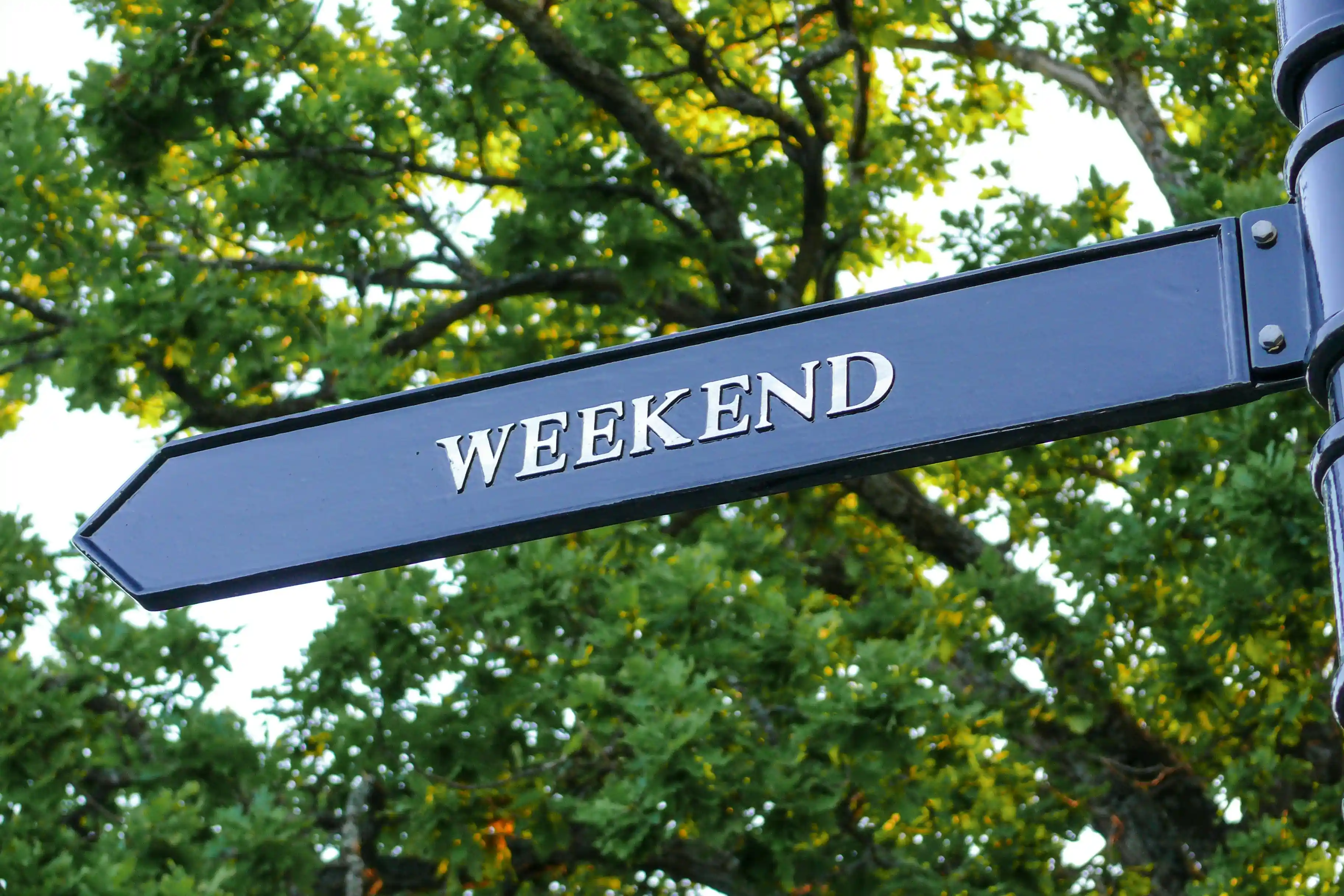Your weekends could be the secret weapon for peak performance. Yet, 61% of professionals still check emails or do work tasks on their days off. That’s a problem. Because real recovery isn’t just about taking a break—it’s about how you use that break.
If your idea of unwinding is mindlessly scrolling social media or binge-watching Netflix for hours, you might be missing out on actual relaxation. Research shows that intentional weekend recovery—detaching from work, engaging in meaningful activities, and resetting your mental energy—boosts productivity, creativity, and mental health.
But here’s the catch: the right weekend strategy depends on your job, energy levels, and personal needs. For some, a long hike or creative hobby works wonders. For others, quiet reflection or deep rest is key. The challenge? Most people don’t know what actually works for them.
Instead of defaulting to easy but ineffective habits, let’s explore the science of weekend recovery—and how you can maximize your time off to restore your energy, reduce stress, and prevent burnout.
Effective Weekend Recovery Strategies
Not all relaxation methods are created equal. Some weekend habits leave you feeling even more drained, while others can help you recover, reduce stress, and restore energy for the week ahead. Let’s explore the most effective weekend recovery strategies, backed by science.
1. Active vs. Passive Recovery: Which Works Best?
Active recovery involves engaging in low-effort but intentional activities like light exercise, creative hobbies, or social interactions. These activities help you recharge without feeling sluggish. Studies show that activities like walking in nature, painting, or cooking can boost mental health and productivity.
Passive recovery, on the other hand, involves resting activities like sleeping, meditating, or taking long baths. While passive recovery is essential for reducing stress and preventing burnout, relying only on passive methods may leave you feeling unmotivated.
The key? Balance. Incorporate both active and passive recovery strategies based on your energy levels and work demands.
2. Psychological Detachment: The Science of Truly Switching Off
Checking emails, thinking about deadlines, or mentally replaying work conversations? That’s a sign you haven’t fully detached from work. Psychological detachment is crucial for genuine recovery.
Studies show that people who completely disconnect from work over the weekend experience lower stress levels, improved mood, and higher energy restoration.
How to detach from work?
- Turn off email notifications or set clear boundaries for work communication.
- Engage in completely different activities that shift your focus away from work.
- Replace work-related habits with relaxation techniques like deep breathing or journaling.
3. Prioritize Sleep, But Don’t Oversleep
Burnout prevention starts with quality sleep. However, sleeping too much on weekends can backfire. A study from Harvard Medical School found that catching up on sleep for more than two hours on weekends can disrupt your body clock, making Mondays even harder.
Sleep strategy for weekend recovery:
- Maintain a consistent sleep schedule (no extreme late nights or oversleeping).
- Use naps strategically—20-30 minutes can refresh you without making you groggy.
- Create a relaxing bedtime routine that signals your body to unwind.
4. Social Connections Matter—Choose Wisely
Spending time with the right people can significantly boost your well-being. However, socializing should feel energizing, not draining. If you often feel exhausted after social interactions, reconsider the type of social activities you engage in.
Effective weekend socialization tips:
- Prioritize meaningful conversations over forced gatherings.
- Spend time with people who uplift and energize you.
- Engage in activities that foster deep connections, like shared hobbies or long walks.
5. Limit Screen Time and Practice Mindful Relaxation
Scrolling through social media might feel like relaxation, but it’s often a mental drain. Research suggests that excessive screen time can increase stress and disrupt sleep patterns.
Instead, try:
- Setting a screen time limit for non-essential digital activities.
- Practicing mindfulness or meditation to improve focus and relaxation.
- Replacing screen time with activities like reading, journaling, or spending time outdoors.
Take Control of Your Weekend Recovery
Weekend recovery isn’t just about resting—it’s about recovering the right way. By balancing active and passive relaxation, setting clear boundaries between work and personal life, and choosing social connections wisely, you can restore your energy and start the week feeling refreshed.
Ready to make your weekends count? Here’s how you can start:
- Reflect on your current weekend habits—what drains or restores your energy?
- Implement at least one new recovery strategy this weekend.
- Set clear digital boundaries to fully disconnect from work.
- Engage in an activity that brings you joy—whether it's hiking, reading, or socializing with loved ones.
Want to dive deeper into personal growth and productivity? Check out these related articles:
- How to Overcome Brain Rot and Rebuild Your Attention Span
- Master Time Management
- Why Writing Down Your Goals Is Crucial
Investing in your personal well-being isn’t a one-time task—it’s a continuous journey. Start optimizing your weekend recovery now and experience better focus, productivity, and work-life balance throughout the week.
Explore more insights on HelloGrade Blogs.

No comments yet. Be the first to share your thoughts!